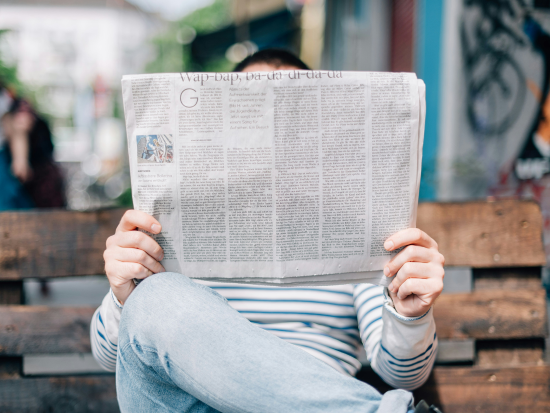Press conferences can be a great public relations tactic for any law or professional services firm to obtain media coverage of important legal proceedings and other noteworthy events. From the public relations professional’s point of view, these events can reflect well not only on the client but on your firm’s professionalism as well.
Below, we’ve outlined tips for planning and conducting a smooth, successful press conference.
Pre-Press Conference Planning
- Lock down a location. The most popular locations for holding press conferences are hotels, courthouses and private properties. Depending on which one you choose, make sure to reserve your time and date at least a week beforehand in order to sort out any contract issues.
- Determine the layout and setup of platforms, seating, and equipment. Make a list of anything the camera crew may need, such as patch plugs, risers set up in the back, lighting, etc.
- Be prepared for scenarios involving equipment failure. Having an audio/visual contact person available during the press conference is a best practice.
- Be considerate of non-local media. If gaining national coverage is the goal, consider setting up a conference phone line or live streaming for journalists who are not able to physically be there.
- Alert the media 24 hours in advance. In the media alert, emphasize that important information will be provided at the press conference that was not provided in the release. This will entice your readers to attend.
- There is NO such thing as being over-prepared. Always bring hard copies of the release, media packets, and statements. Review them with the client before release.
During The Media Event
- Plan to start 10-15 minutes late to give everyone a chance to settle in and work out any technical issues.
- Treat the media representatives well. Greet each reporter as they walk in, set up a sign-in sheet and refreshment table. Small gestures go a long way.
- Speak loudly and clearly.
- Advise the attorney or professional involved to look at you throughout the conference, so you can signal them if they need to speak louder or sit up straight.
- Don’t be afraid to intervene when necessary.
- If no one is asking questions during the Q&A, don’t be afraid to chime in. There may be questions reporters didn’t think to ask.
Post-Press Conference Follow Up
- Have a quick exit plan ready for people who do not want to be confronted by the media. Thank the media for coming and assure them they have received all the necessary information.
- Tailor your follow-ups with each individual reporter, acknowledging their attendance at the conference. This is essential in creating a long-lasting relationship with that particular journalist.


